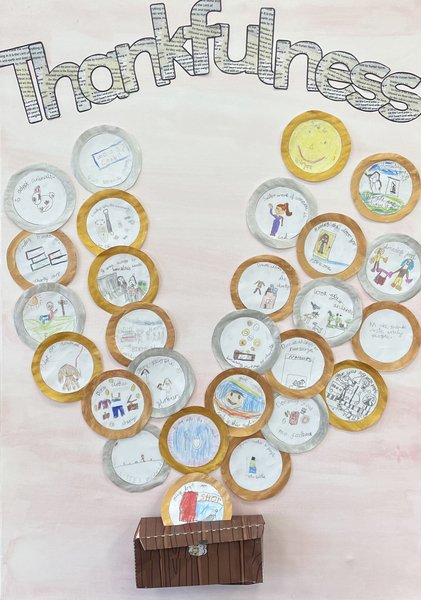Geography
At Moseley Church of England Primary School, our curriculum for geography is ambitious for all children.
We believe passionately in providing our children with a high-quality geography education that equips our children with the skills, knowledge and experiences required to develop a life-long curiousity and fascination with the world and it's people, to understand environmental issues (near and far) that we are faced with today and how they can have an impact on making the world a more sustainable place. We aim for our children to understand their place in the world, locally, nationally and internationally. Geography teaching promotes a love of learning and develops a greater understanding of other people, communities and a greater appreciation for our natural world. Through use of fieldwork, links to other subjects (particularly science and PSHE), the Kapow Curriculum and encouraging our children to think critically and consider logical solutions, our children will understand how we can all have a postive influence in our local community and the wider global commuity.
The school's approach ensures that all year groups meet all aspects of the georgaphy curriculum set out in the National Curriculum document.
We aim for all of our children to become curious and explorative thinkers with a diverse knowledge of the world; in other words, to think like a geographer. We want pupils to develop the confidence to question and observe places, measure and record necessary data in various ways, and analyse and present their findings.
Our aim is to build an awareness of how Geography shapes our lives at multiple scales and over time. We hope to encourage pupils to become resourceful, active citizens who will have the skills to contribute to and improve the world around them.
Scheme of work | Why have we chosen Kapow Geography?
|
Delivery |
|
Assessment |
|
Learning environment |
|
Enrichment |
|






